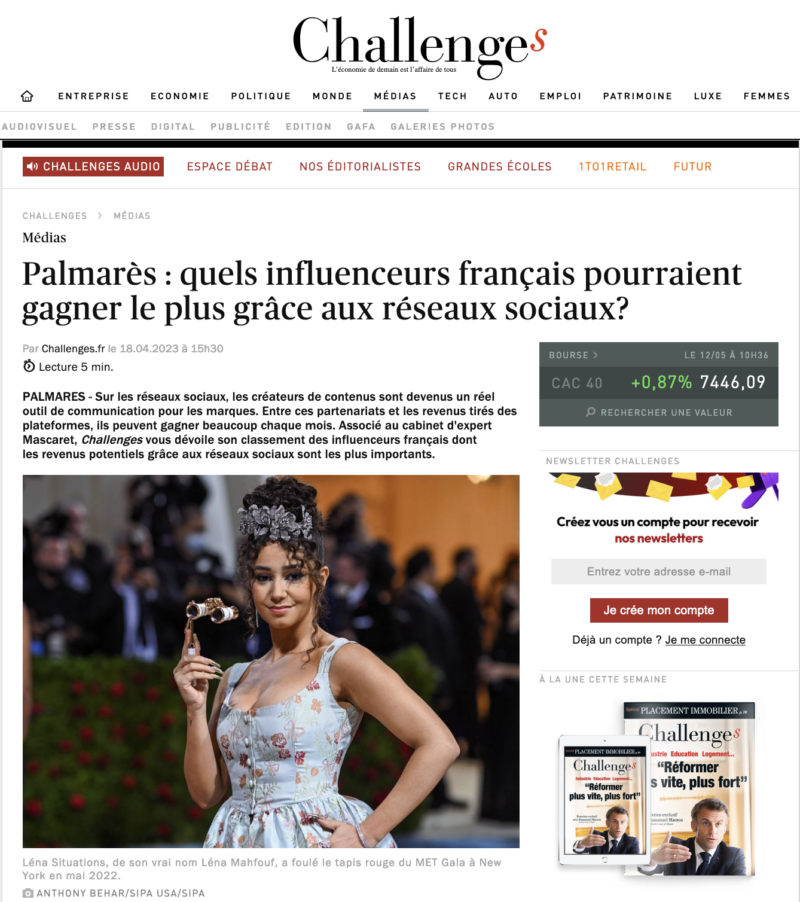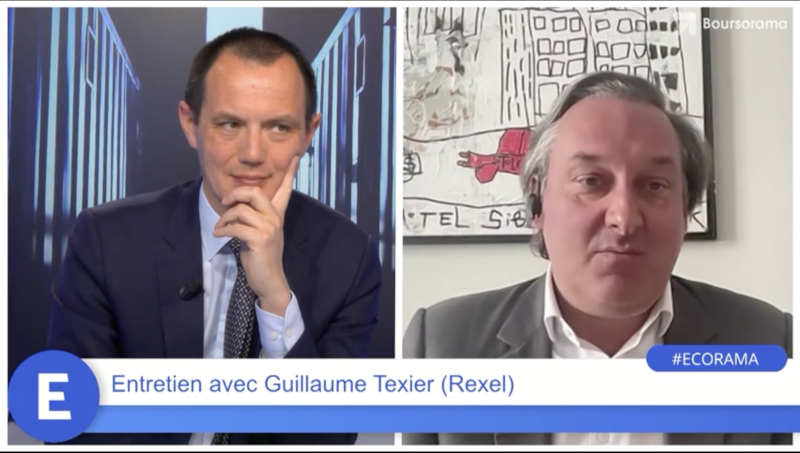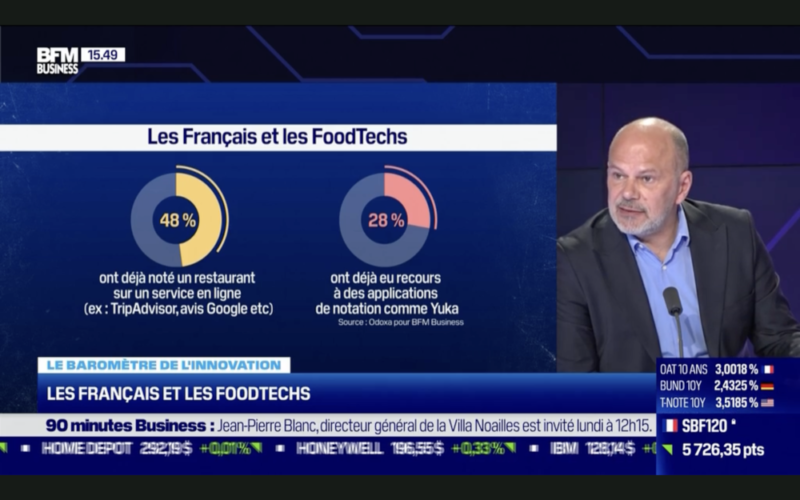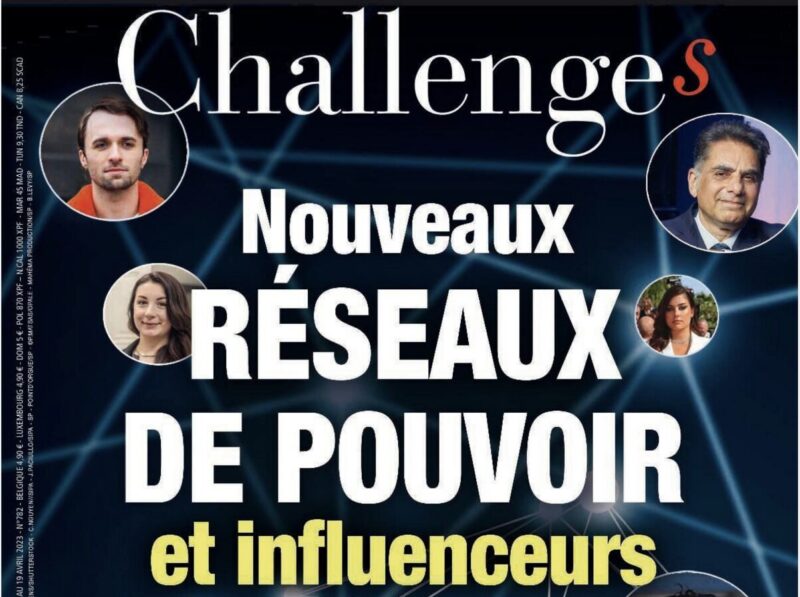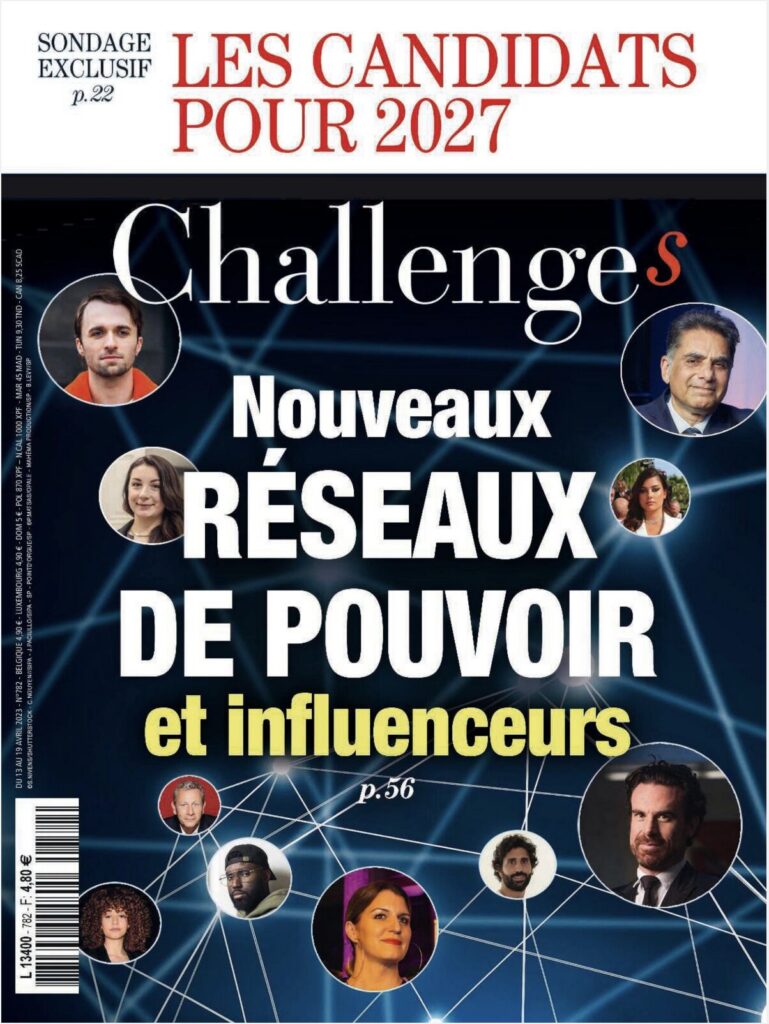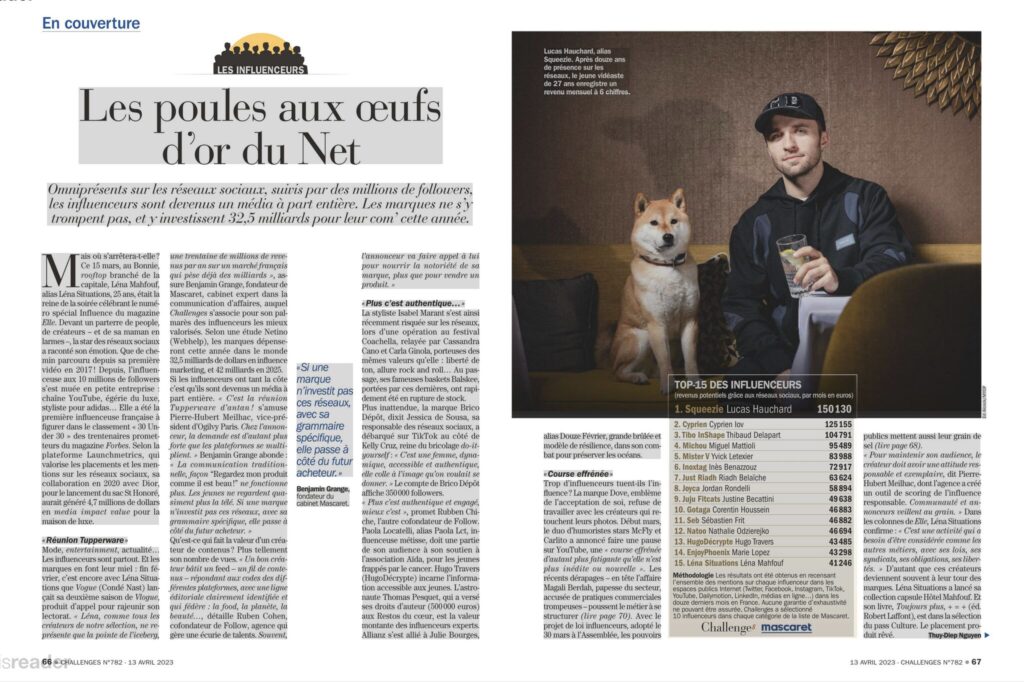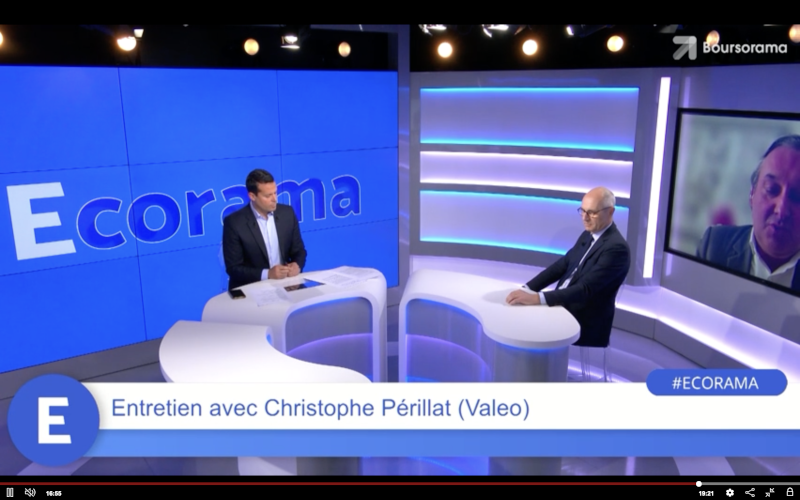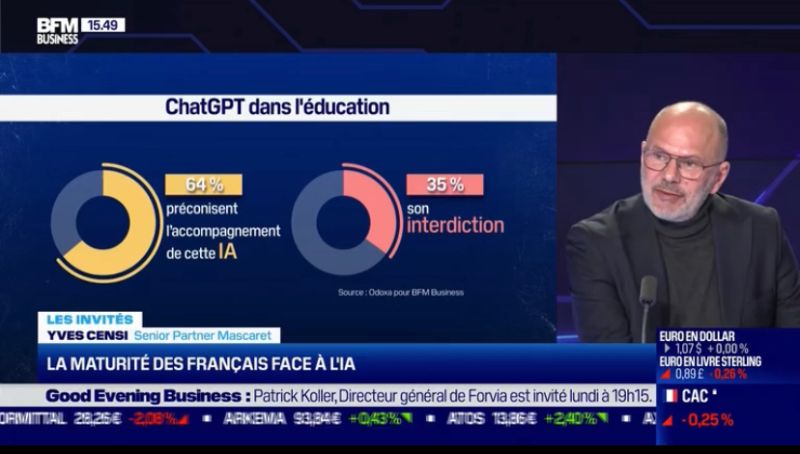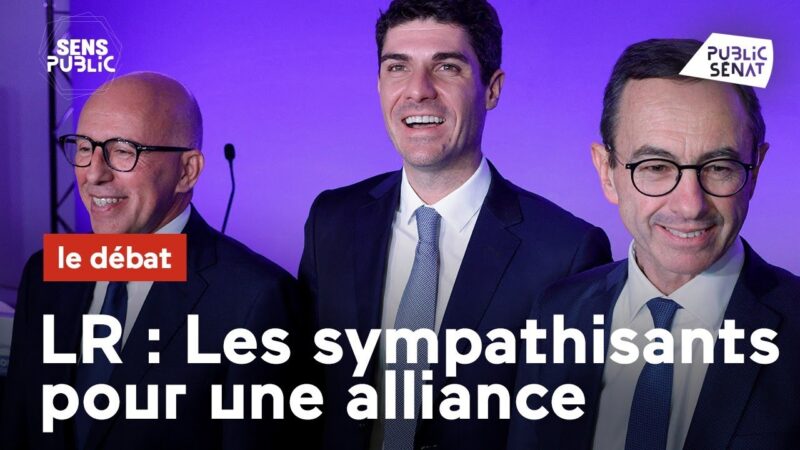66% of respondents want FoodTech to focus on developing sustainable agriculture and more responsible consumption.
The sector will have to offer increasingly innovative solutions to meet this expectation… and prove right the 58% of respondents who believe that technology can help improve the quality of food.
“Delivery, but also online reservation or rating systems, diet applications or consumption habits modification (especially with an environmental perspective)…the French people who talk about FoodTech are numerous: 320,000 mentions on social networks spread over the last thirteen months!” specifies Benjamin GRANGE, Senior Partner of Mascaret.
“This concerns a younger generation. Those who entered through the #uberization systems are now looking for something totally different and this will have an impact on the application market ” develops Yves CENSI during the TECH&CO BUSINESS program on BFM Business.
Once a month, Mascaret (formerly Dentsu Consulting) and its partner ODOXA offer you an Innovation Barometer to explore the relationship of the general public to the evolutions of this world.
Find on our website the whole survey and the “Expert’s eye” section, in which we detail our analysis of #social networks. You can also watch the replay of BFMTV’s Tech&Co program where Yves Censi presented our barometer alongside Emile Leclerc for Odoxa, Claire Gourlier for Kea & Partners and Frédéric Simottel.
Find on our website the whole survey and the “Expert’s eye” section, in which we detail our analysis of #social networks. You can also watch the replay of BFMTV’s Tech&Co program where Yves Censi presented our barometer alongside Emile Leclerc for Odoxa, Claire Gourlier for Kea & Partners and Frédéric Simottel.

